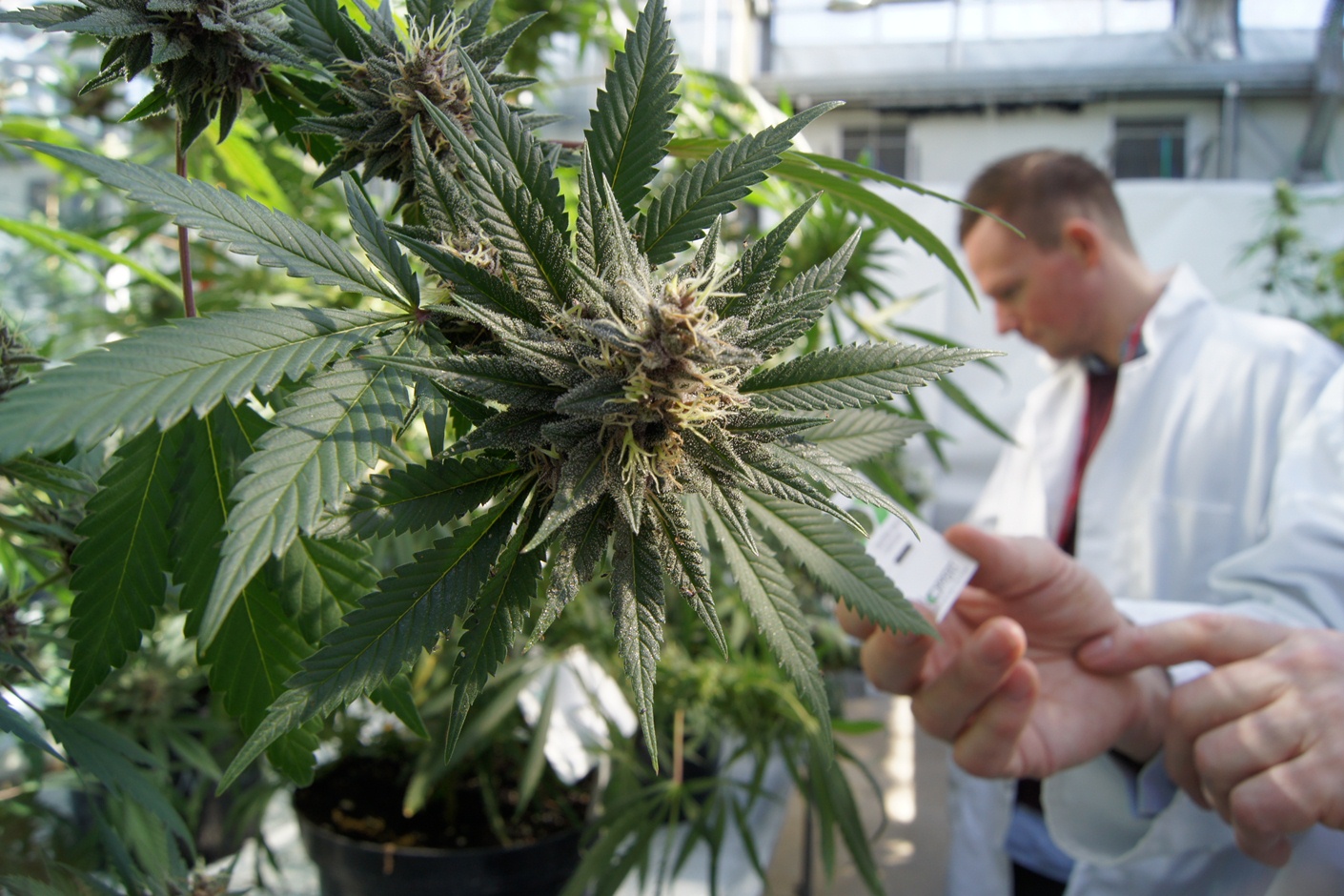What is cannabis dry mouth syndrome?
07/06/2016 / By Claire Rankin

Many a cannabis consumer testify that after ingesting or smoking cannabis, they experience the dry sensation in the mouth that makes it feel like they have no saliva left at all in the mouth. Swallowing becomes a challenge and even talking can be difficult. The clinical word for dry mouth is xerostomia and it is commonly called cottonmouth because of the white, cotton-like film that coats the mouth and tongue.
Cannabis can and does cause excessive oral dryness, whether it is taken for recreational or medical purposes. There has been much speculation and guesswork amongst the cannabis communities as to why marijuana causes cottonmouth. Some have argued that certain properties in marijuana dry out the mucus membranes in the mouth. Another theory is that the heat associated with smoking from pipes and joints, dehydrates the mouth.
However, since 2006, dry mouth syndrome has been the subject of research by scientist in Argentina. They explain the syndrome as follows:
The body’s cannabinoid receptors act as binding sites and are found in many parts of the body, including the salivary glands. Both types of cannabinoid receptors (CB1 and CB2) are present in the submandibular glands, beneath the floor of the mouth. These glands produce about 70% of our saliva. When a cannabinoid like THC binds to its receptor, these glands stop receiving messages from the nervous system telling them to produce saliva.
Cottonmouth, while uncomfortable, goes away after awhile and can be alleviated by staying hydrated. Drink plenty of water, especially before using cannabis in any form.
Some users have suggested squeezing a little fresh lemon into water and sipping it throughout the day. Avoiding coffee and sugar seems to work. Sugary drinks dehydrate the body in themselves, so stay well away from sugar laden drinks. Avoid alcohol, since ethanol also dehydrates you. Try eating juicy fruits, such as watermelon and oranges. Iced tea with plenty of chunks of ice is also a good way of reversing dry mouth syndrome
Sources:
http://www.stonerdays.com/cottonmouth/
http://www.truthonpot.com/2013/08/04/the-science-behind-cotton-mouth/
Tagged Under: cannabis and dry mouth, cottonmouth, dry mouth syndrome




















